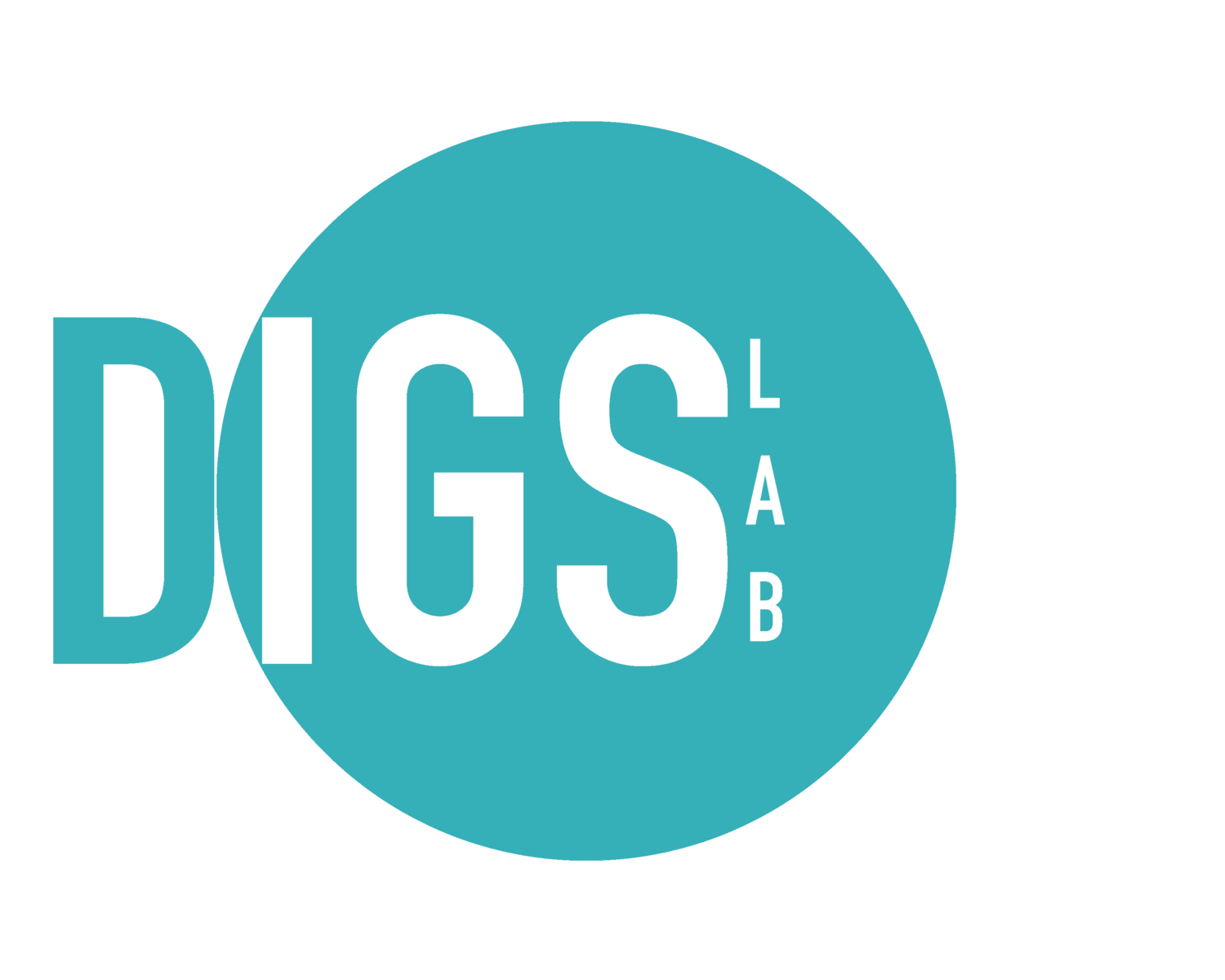Exciting news! The DIGS Lab’s core members are gearing up for a series of presentations, readings, and appearances at conferences, symposia, and other outlets this spring and summer. Consider dropping in, especially to the hybrid ones! Here’s where we’ll be:
Jamet-Lange, H. Queer tumblr and the political potential of online counterpublics. Communication Graduate Caucus Conference: Through the Margins: Amplification and Mobilization, March 2-3, 2023, Carleton University, Ottawa (Hybrid).
Chartrand, A. What does it mean for LGBTQ+ users to resist algorithmic bias? A feminist and intersectional approach. Algorithms for Her?, March 23-24, 2023, University of Sheffield, Sheffield, United Kingdom (Hybrid).
Myles, D., Chartrand, A., & Duguay, S. ‘What even is AI?’ Using algorithmic controversies as elicitation strategies during focus group discussions. (Un)Stable Diffusions, May 23-24, 2023, Concordia University, Montreal (Hybrid).
Vilvang, C. Between Automated Memory and History: Sensitive Locations and Uneasy Encounters with Apple Memories. (Un)Stable Diffusions, May 23-24, 2023, Concordia University, Montreal (Hybrid).
Acar, O.E., Jamet-Lange, H., Johnston, M., Morgan P., & Ogilvie-Hanson, S. [Art]ificial Intelligence: Authenticity and Audience Reactions to Stylistic Mimicry Using Stable Diffusion. (Un)Stable Diffusions, May 23-24, 2023, Concordia University, Montreal (Hybrid).
Duguay, S. What could go wrong? A critical reflection on the Oversight Board’s public comment process concerning Meta’s moderation of trans and non-binary content. Panel: Moderating authenticity? Challenging and intervening in platform governance and moderation processes. International Communication Association 73rd Annual Conference, May 25-29, 2023, Toronto, Canada (Hybrid).
Duguay, S. Acar, O.E., Jamet-Lange, H. Where the methods of the medium meet the practices of data cultures: Investigating TikTok as a research tool. Panel: Data Cultures. Canadian Communication Association Annual Conference, May 30-June 2, 2023, York University, Toronto, Canada.
Trépanier, A. Networking feminist media practices online: A media archeology of the Studio XX's first website. Canadian Communication Association Annual Conference, May 30-June 2, 2023, York University, Toronto, Canada.
Duguay, S., Jamet-Lange, H., Acar, O.E. #queersover30: Exploring creative production at the intersection of age and sexual identity on TikTok. Global Perspectives on Platforms, Labor, and Social Reproduction, June 27-28, 2023, University of Amsterdam, Amsterdam, The Netherlands (Hybrid).
Vilvang, C. Outsourcing Imagination: AI Generated Images and Creative Labour. STS Italia: Interesting Worlds to Come, June 28-30, 2023, University of Bologna, Bologna, Italy.





